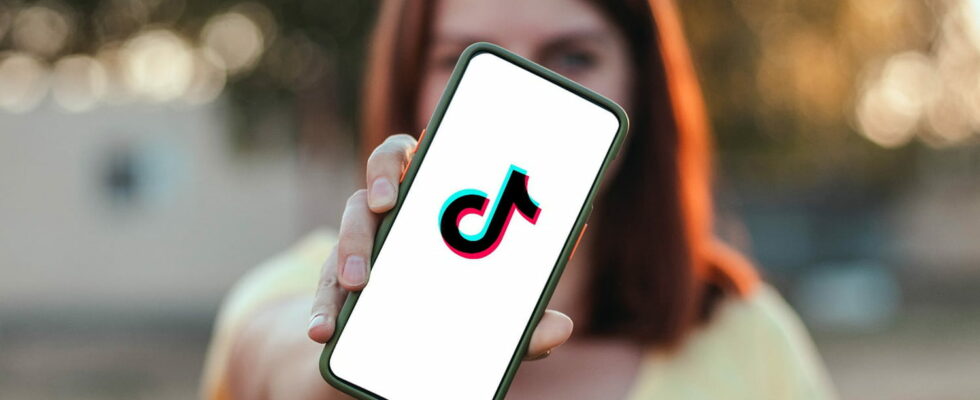Today, beauty filters are virtually undetectable, to the point of becoming harmful for some users. Also, TikTok has decided to ban them from those under 18 in order to preserve their mental health.
Social networks offer a wide variety of filters, which are now completely part of their DNA. Adding bunny ears, freckles, pastel tones and makeup, or even face swapping… There’s something for everyone! They were popularized by Snapchat before being exported to Instagram stories and TikTok videos. Problem: they are more and more realistic. To the point of having a harmful impact on the mental health of its users, particularly the youngest.
TikTok commissioned its own study into the role of online platforms in shaping teens’ identities and relationships. This indicates that young people and parents are very concerned about their effects on appearance. Also, the social network has decided to block certain filters for those under 18 within the European Union and the United Kingdom – too bad for the others obviously. This will concern those designed to modify the appearance and “beautify” users, such as the Bold Glamor filter for example. Humorous filters, such as those that add bunny ears or a dog’s nose, are not affected. This measure aims to protect the mental health of adolescents, harmed by the sometimes unattainable beauty injunctions which abound on the social network.
TikTok filters: undetectable but harmful filters
Usually, filters simply add 3D images to the modeled face, which often results in “exaggerated” effects. These can become distorted or appear to slide when you place your hand in front of your face, as the 3D overlay then has difficulty adhering to the layout on the face. However, with technological developments – notably AI – filters seem to become one with our real face, including when we turn our heads, stretch the skin on our cheeks or pass our hands over them.
Where filters have become formidable is that they subtly change reality while remaining natural and convincing. As a result, they are becoming increasingly difficult to detect, including on real-time videos, which risks impacting users who fantasize about a “perfect” face that they can never have…
Indeed, these micro-adjustments can have harmful effects on mental well-being, by fueling physical complexes and lack of self-confidence, especially among younger people. Little by little, insidiously, they can go so far as to cause dysmorphophobia, that is to say an obsession and excessive thoughts about an imaginary defect or a slight imperfection on one’s face or body. The person’s perception is completely disproportionate and the obsession can sometimes last for several hours a day, leading to stress, anxiety, withdrawal and then social isolation, eating and obsessive disorders, and even depression.
TikTok filters: protecting the mental health of young people
“By fostering a culture of authenticity, respect and support, we can create a digital world where everyone feels empowered to be themselves”rejoices TikTok. The decision to block beauty filters for those under 18 may seem very generous on the part of ByteDance, but, in reality, it is not that much. Indeed, it turns out that the regulators of the United Kingdom and the European Union are very attentive at the moment to what is happening on the side of the Chinese social network with regard to the protection of minors. This is a way for the app to make amends.
This is not the only measure announced by TikTok. The social network has announced that users in thirteen European countries – it is not yet known which ones – will be able to be connected to local helplines, “who will provide them with specialist support when they report content relating to suicide, self-harm, hatred and harassment in the app”. In France, the platform established a partnership in 2023 with the E-enfant association, which was a success.
TikTok also announced the testing of a new system based on machine learning to detect underage users who circumvent age restrictions. It will be launched across the Channel before the end of the year and could lead to the deletion of many accounts. The algorithms are not infallible, however it will be possible to appeal a deletion decision by proving its age.
